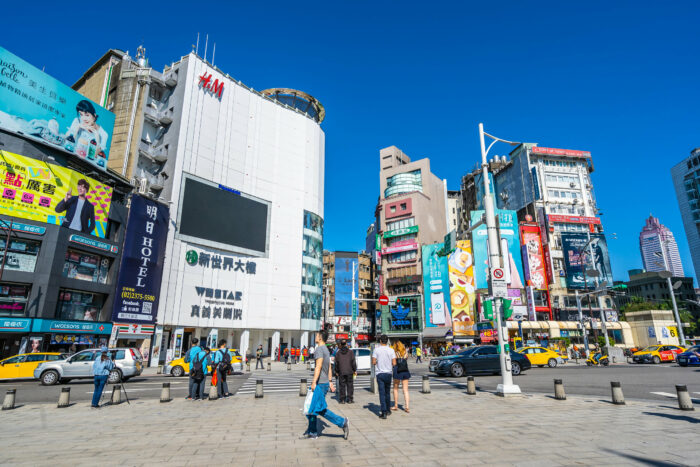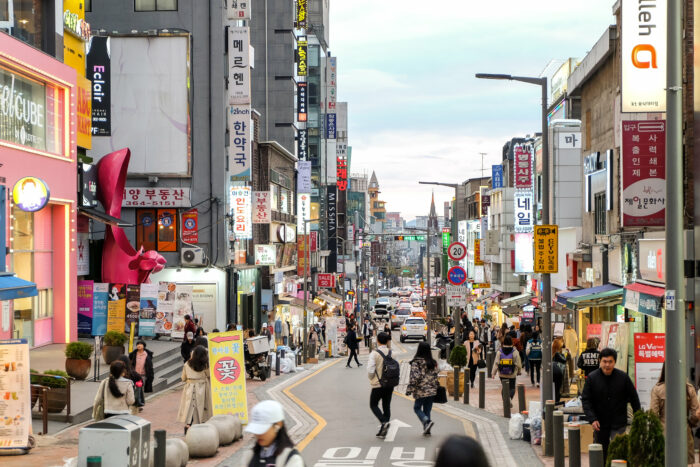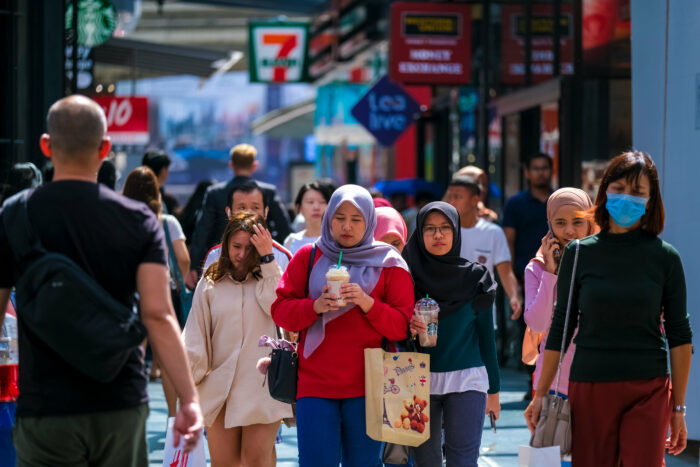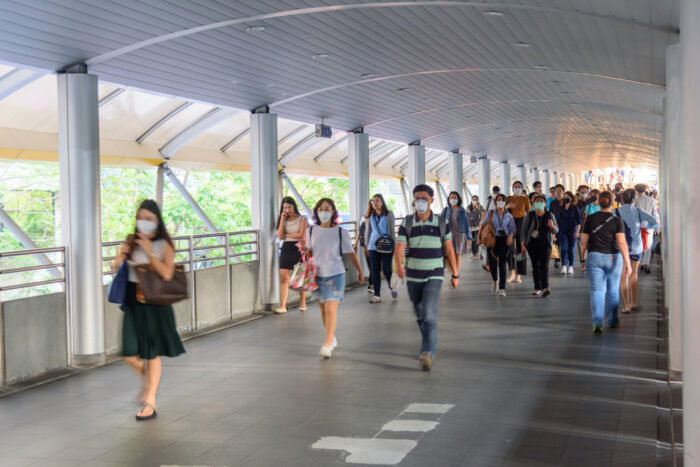Sexual harassment victims in South Korea face retaliation

More than eight out of 10 people who reported sexual harassment at the workplace said they suffered from some form of retaliation.
Indonesia urges for support for women SME entrepreneurs

Support is planned for female small and medium enterprise (SME) entrepreneurs who require financial and competency advancement to develop.
South Korea’s MZ generation prioritises work-life balance

Work-life balance is the most important factor for Korea’s MZ generation (Millennials and Generation Z), according to Korea Enterprises Federation (KEF).
Taiwan expects labour demand to rise as industries rebound

The demand for workers is expected to grow by 87,000 between late April and late July, the highest estimated growth for the same period since 2012.
43.1% of listed companies in South Korea cut workforce

Amid the prolonged pandemic, 43.1% of firms listed on the country’s main and minor bourses slashed the number of their employees last year from 2020.
Malaysia raises paternity leave to seven days

Malaysia’s Parliament has amended the Employment Act, which will extend the three-day paternity leave to seven days.
India’s job market rebounds with 8.8 million jobs added in April

In one of the largest expansions in the labour market since the beginning of the pandemic, 8.8 million people joined the country’s workforce in April.
New Zealand increases investment in digital skills

New Zealand will invest in digital technologies to increase skills development and encourage local companies to market their talents globally.
Indonesia pushes for adaptive workers’ protection

This, Indonesia, believes, is a necessary move to protect all stakeholders in meeting the challenges of a changing world of work.
South Korea approves US$46-billion budget to help COVID-hit businesses

The Cabinet has endorsed the supplementary budget worth 59.4 trillion won (US$46 billion) in its first meeting under the Yoon Suk-yeol administration.
More Japan employers open to minimum wage hike

SMEs have now indicated a willingness to accept the government’s decision on minimum wage increases due to a serious labour shortage and rising prices.
Indonesia urges private sector to form digital talent ecosystem

The government is encouraging the private sector to contribute in shaping the digital talent ecosystem in the country.
New Zealand boosts protection for whistleblowers at workplaces

Significant improvements are being made in workplaces to better protect whistleblowers, said Chris Hipkins, Minister for the Public Service.
Number of employed persons in Malaysia rises to record high

The number of employed persons rose to a record high of 15.77 million in March 2022 from 15.73 million in the preceding month.
Singapore employers can decide on flexible work arrangements

Employers retain the right to decide on flexible work arrangements (FWAs) based on their operational needs.
Australia trade union urges for hike in minimum wage

To mitigate the effects of rapidly rising inflation, a major Australian union is calling for the minimum wage to be increased by 5.5%.
Singapore to set up guidelines for flexible work arrangements

Flexible work arrangements are the way forward, especially as they help more women and mature workers participate in the labour force.
More South Korean workers hold more than one job

To make ends meet, a record 506,000 workers in the country juggled two jobs last year, up around 100,000 from five years ago.
Employers in Indonesia told to pay overtime for work done on holidays

The Ministry of Manpower has said employers are obligated to pay wages to workers who work overtime during national holidays.
Singaporeans view work-life balance as more important than salary

A sense of fulfilment and work-life balance matter more than salary when picking a job, said respondents to a recent survey.
Indonesia to provide more targeted wage subsidy scheme

The Manpower Ministry is preparing a more accurate, targeted scheme for the wage subsidy programme (BSU) for low-income formal workers.
Taiwan urges employers to persuade staff to quit smoking

Employers have been urged to encourage their employees to quit smoking after it was listed as a risk factor for COVID-19 complications.
More companies adopt four-day workweek in Japan

More Japanese companies are offering a four-day workweek so that their employees can have a better work-life balance.
Concern raised over minimum wage hike on Thai SMEs

Thailand’s Federation of Thai Industries (FTI) has said if the minimum wage is increased to 492 baht (US$14.27), many SMEs will be severely impacted.
Malaysia officially introduces minimum wage hike

The new minimum wage rate of RM1,500 (US$344) has been officially gazetted and took effect nationwide on May 1.
Layoffs in Singapore a record low in first quarter

As the economy continues to recover from the pandemic, the number of retrenchments fell to 1,300, or 0.6 per 1,000 employees from January to March.
Singapore continues transition to new modes of work

A tripartite model is helping employers and workers adapt to changes, including flexible work, said the Manpower Minister.
Thailand unlikely to implement blanket minimum wage

The tripartite national wage committee is expected to propose a hike in minimum wages in August, but a flat-rate wage of 492 baht (US$14.3) a day is unlikely.
Singapore strives to improve skills training for workforce

To stay competitive, the country’s employer’s bodies have been urged to effectively communicate their skills training needs to training institutions.
Industries in Vietnam boost recruitment

More than 36,500 new jobs were created in Ho Chi Minh City in the first quarter, 1,800 more than the same period last year.

